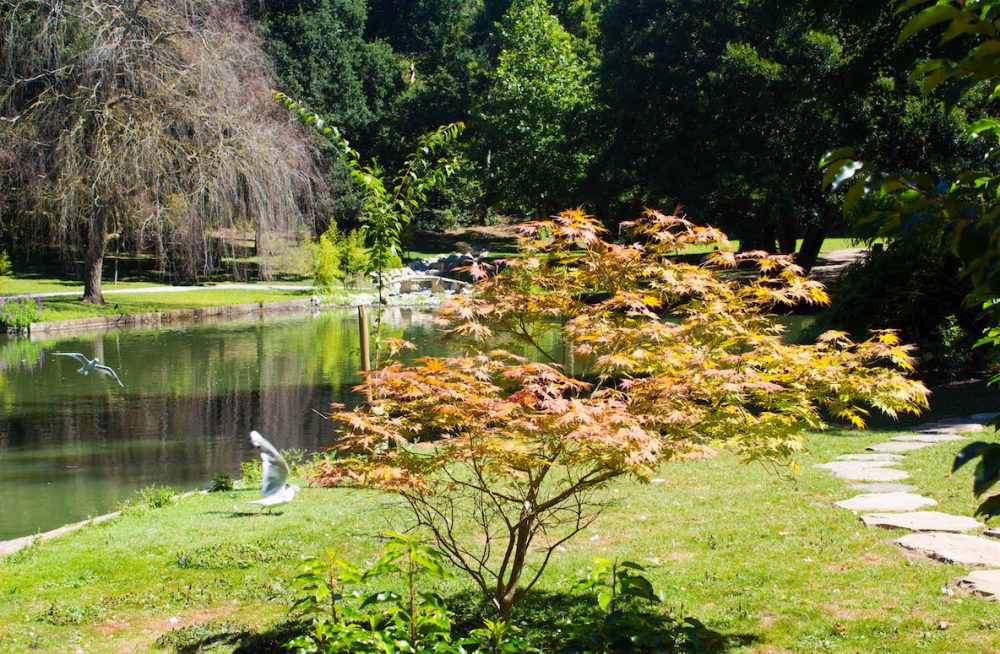As with nature, you may already be open to all that is happening around you. Some of us are very open and take in much of what is happening in our immediate environment and the world at large.
Our world can be very busy and it is not possible to remain open to everything all the time so some choices need to be made.
Nowadays we challenge ourselves to know and retain more and more information but such volume is probably not very healthy.
If we wish to protect ourselves from things that make us feel vulnerable and powerless then we should give ourselves permission to do so. This could be about crimes, wars, the rise of racist political parties, the state of the global economy etc. This does not mean living in a fantasy but still having some idea of what is happening in reality and if we can be a positive influence.
For example, I am open to fair trade and environmental concerns because I believe that my actions matter and contribute to the collective decisions made. Others may feel that situations are futile and choose to shut down and bury their heads in the sand. The belief affects the behaviour, which then has an impact on the environment.
Some of us believe we are very fragile so we live in an overly protected and closed space that may begin to lose its life energy. If we block off everything around us then our life will be quite limited and dull. We might also appear unreal and disconnected. Some level of openness and engagement is healthy.
Others of us need to know everything that is going on in the world and we pack so much in that we give ourselves no space to discover what is going on within. We are open to so much that nothing really has a chance to connect to our inner world.
When we are truly open to new experiences then new things can come into our lives. For me I have found that very refreshing. It may be as simple as befriending someone who is not like anyone you are normally friends with. Sometimes it is about leaving gaps in our plans so that we can take up the suggestion of another. Openness implies some flexibility and spontaneity in how we live our lives.
Openness allows for new people and ideas to be included in our world. For instance, we can be open to new insights into how the brain works and how to keep healthy which won’t have been around when we were being raised (by parents and at school). If we are not open to personal growth or adult education then we fix ourselves to a very staid and dull existence with no learning.
Like everything mentioned in these chapters, it is also about balance. Being open does not mean attaching yourself to every change that comes along. To me it means having some constant centre whilst being able to appraise new ideas and experiences as they come along, accepting some and rejecting others. That’s true freedom. The two extremes of accept everything or accept nothing can become automatic and unhelpful.
How do you experience this in your life?





